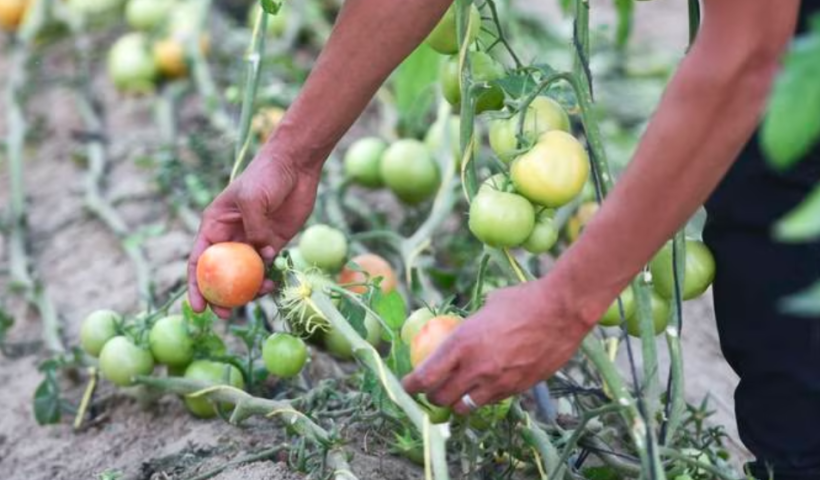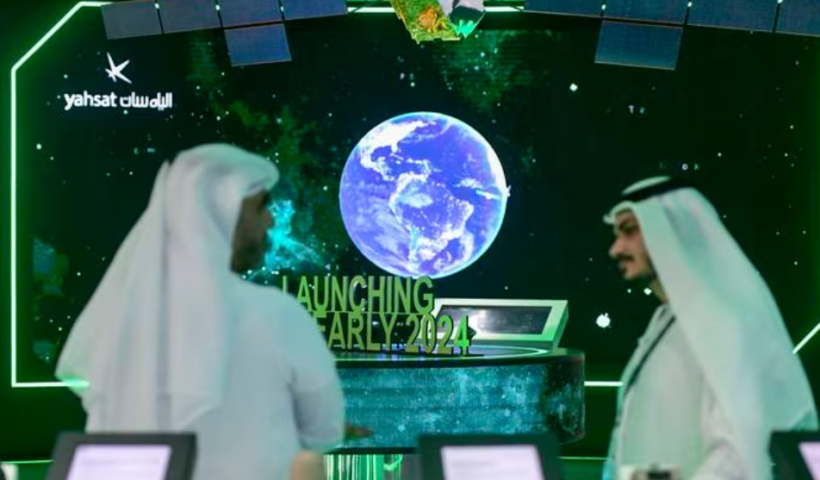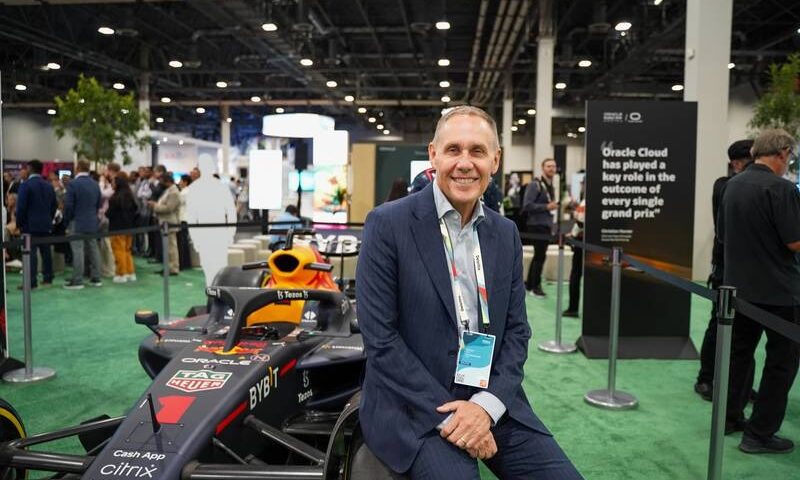The Abu Dhabi government’s department of Culture and tourist has cut government fees imposed on hotel rooms and restaurants in the emirate in order to promote the hospitality and tourist industries in the region. The updated pricing schedule will take effect on September 1st, 2023.
The emirate’s Department of Tourism and Cultural Affairs – Abu Dhabi issued a statement in which it stated that “this adjustment of fees aims to continue to grow the Emirates as a tourist and culture destination while strengthening backing for its flourishing hospitality sector.” The government of Abu Dhabi revised its fees, reducing the tourism cost for visitors from 6% to 4%, eliminating the municipality’s fee of AED 15 per room each night, eliminating the 6% tourism fee, and eliminating the 4% municipality fee for hotel restaurants.
After the pandemic, tourism in the emirate has recovered. In the very first half of 2023, Dubai has surpassed levels of foreign tourism prior to the pandemic. Between January to June 2023, the Emirate of Dubai welcomed 8.55 million foreign visitors, beating the 8.36 million visitors it had in the first half of 2019 before the epidemic. In the first half of 2023, Dubai’s average hotel occupancy rate of 78% was among the highest in the world.
For the first half of 2023, Abu Dhabi International Airport’s traffic has seen a dramatic increase. 10,258,653 people passed through the gates of Abu Dhabi International Airport between 1 January to 30 June 2023, according to government statistics, a 67% increase over the 6,158,376 passengers handled over the same period in the previous year.
Additionally, 67,835 flights were recorded at Abu Dhabi International Airport, an impressive 36% more than the 49,919 flights that were made during H1 2022.
Towards the end of the year of 2023, Abu Dhabi hopes to welcome over twenty-four million tourists. The goal for the emirate’s diversification still heavily relies on tourism.
In order to encourage the expansion of the tourism industry in the emirate, the Abu Dhabi Ministry of Tourism and Cultural Affairs has teamed with the Franco-Dutch airline firm Air France-KLM. Through this agreement, daily flights from Abu Dhabi to Paris increase the emirate’s global connection.










